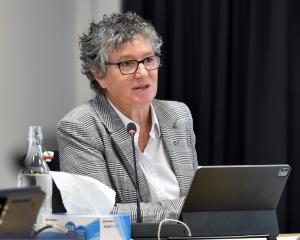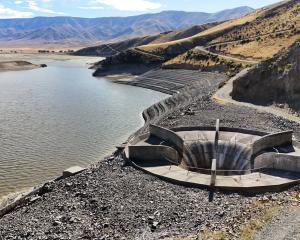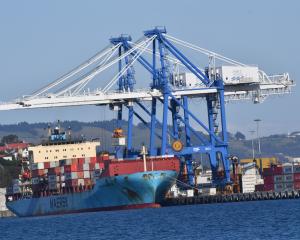
People are concerned about national political parties getting in on local body politics, the most recent being the Labour Party intention to choose someone to represent it on the Dunedin City Council, the Otago Regional Council and the Southern District Health Board.
They are right to be concerned. There be dragons.
National and local body politics are set up to be entirely different animals, with their own unique rules.
Before you can become an MP you must take the Oath of Allegiance. This is a promise to bear allegiance to the Queen according to the law.
You may also be a member of a political party, and a member for a geographic region.
Your party (if you have one) is in charge of you and your voting, except in what your leader decides are conscience issues. You are able to speak out in favour of your region, and try to persuade others of your views, but you must vote according to your party requirements.

There is no place in the local obligations to do what a leader up north tells you to do.
Policy for political parties is frequently determined by decisions at annual meetings. If the party then forms part of government, it will take its policies to the cabinet table, and find that many of them will not work. Coalition partners may have other, opposing, ideas.
And finally, the prime minister may make a so-called captain’s call, where they can make up whatever they like on the hoof. Or a Cabinet minister may have a right to make a call off their own bat, in some instances.
If a local body politician has been chosen to represent a political party, they have none of the ways of influencing policy that are in the national scene but are the puppets of an organisation that will expect them to toe the line.
We can see why this does not work well with one of the Green members of the Dunedin City Council.
Cr Hawkins said in one of his profiles that he was elected as a representative of the Green Party, ‘‘and as such . . . ’ What this says is that he is there to carry out a Green Party policy as it is from time to time.
It would be naive to assume that he can carry out these requirements always while acting in the best interests of the city. The mechanism that electoral MPs have for speaking against, but voting for, is not usefully available locally.
And it gets harder. Cr Hawkins is a commissioner on hearings for the Dunedin City Council. Any councillor with the support of the mayor can go through the process to become a commissioner, and their fees of about $2000 are paid for by ratepayers.
Once you are a commissioner, you can be paid to make decisions about planning issues on behalf of the council. (For example, commissioners’ fees took Cr Hawkins’ total remuneration from the DCC to $136,075 in the 2017-18 year).
The Mayor of Dunedin and the chief executive both signed letters supporting a proposed mine at Foulden Maar. The Mayor is having second thoughts: he is now using the ‘‘we’’ word, as in We get lots of requests for support each year, we can’t be expected to look into them all before supporting them. He is now asking for them to be withdrawn, saying the council has not shifted its position, which is likely to be true since the council didn’t actually have a position, only the Mayor and the CEO, it would seem. Cr Hawkins has decided that he will ask councillors to come out against it.
But here’s the thing. Cr Hawkins says he has shut upabout it until now because he might have to sit on the resource consent panel. There is a rule that if you have taken a position on one side or the other, you would be disqualified.
But what if you are part of a party that is against such things? Surely Cr Hawkins did not believe we would all think he was impartial on a panel because he was quiet beforehand?
Environment Minister Eugenie Sage has just used her ministerial position to prevent a company from extending its mining operation in Waihi. She is in a position to do this politically.
It must have seemed like Cr Hawkins could be a good Green member by trying the same sort of thing locally.
But his obligations are quite different from hers.
We should be very careful about choosing people for council who owe their allegiance and even their very existence on council to a national organisation that by nature does not have at its heart the best interests of our area.
This is a column to highlight difficulties that arise when national party politics are embedded in our local bodies. It is not a column for or against the Foulden Maar mining proposal. We can only hope that the process undertaken to decide about this project is conducted impartially and within planning rules.
Hilary Calvert is a former lawyer, politician and city councillor












